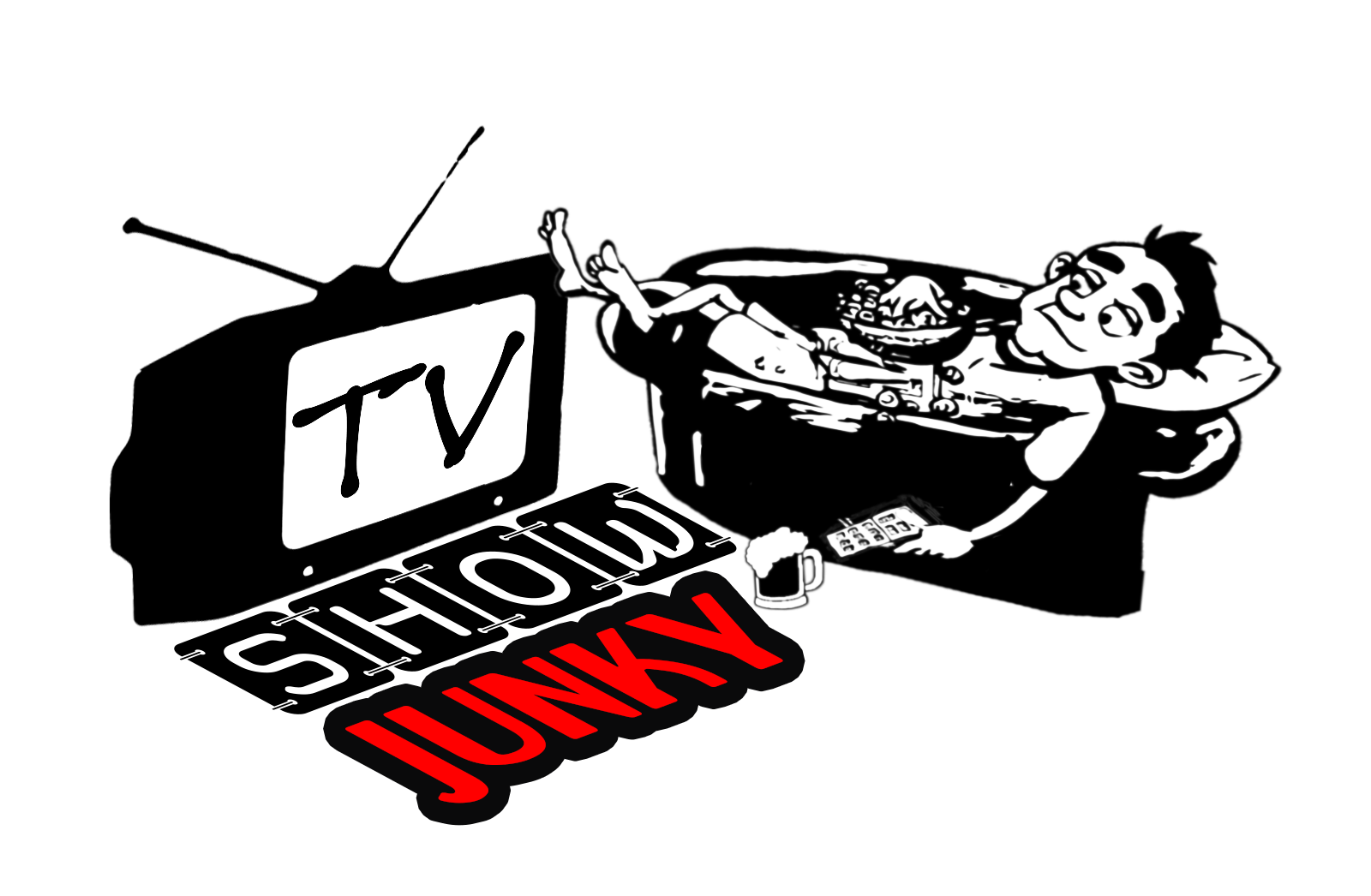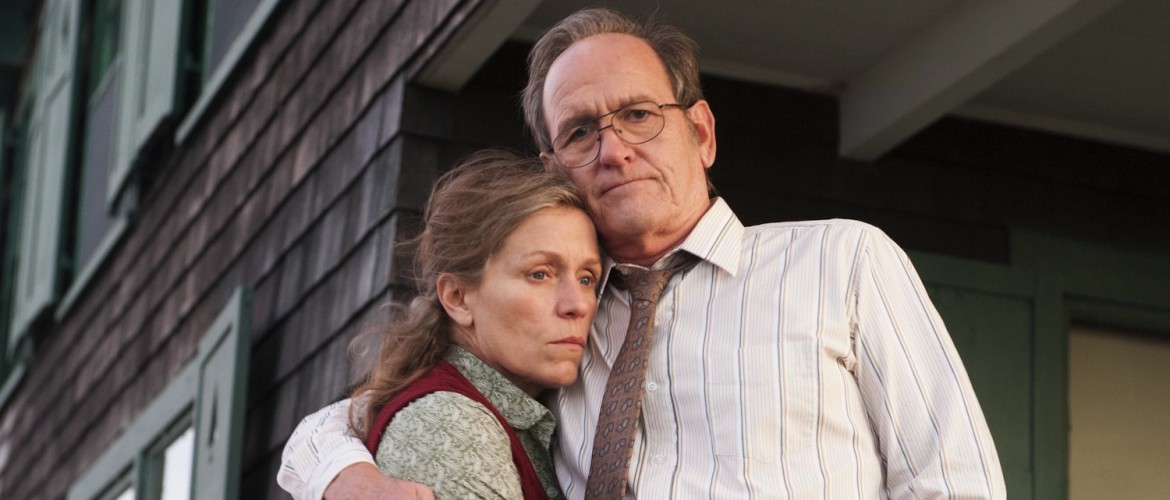 Depression has many faces, and most are plain ugly. The mental illness is often times as difficult for the afflicted as for their friends and family. It’s within the subtext of this most human condition where the humor and irony can be uncovered, even amid such grave topics such as suicide and psychological abuse.
Depression has many faces, and most are plain ugly. The mental illness is often times as difficult for the afflicted as for their friends and family. It’s within the subtext of this most human condition where the humor and irony can be uncovered, even amid such grave topics such as suicide and psychological abuse.
Below the surface and within the lines of a melancholic frown can resonate humor so biting and fresh, ironically reflecting the human experience that we can’t help but to relate. Done well and it can be life altering. Enter HBO’s Olive Kitteridge, the best miniseries of 2014 that you probably haven’t heard of.
Certainly, if you live with depression or love someone who has (and you most definitely have as about 10 percent of Americans suffer with the disorder), there is nothing funny about the despair, the irritability or the lashing out, especially in the moment. The depressed can sometimes be downright awful. But when captured on screen, depicted by a great actor and intertwined in a riveting story, the result can be masterful.
Kitteridge, played by Oscar winner Frances McDormand who optioned the Elizabeth Stout book of the same name just before it won the 2009 Pulitzer Prize for Fiction, is a crabby math teacher who is married to an affable pharmacist in their small town of Crosby, Maine. The couple couldn’t be more different, and as such they complete each other. Kitteridge tells it like she sees it, never holding back with biting sarcasm or plain old rudeness, while Henry (Richard Jenkins) is kind to a fault and a sap for every little “mouse” of a young woman, though always in a non-threatening, fatherly manner, as he is with his young employee (Zoe Kazan). He’s renowned as the nicest man that everyone ever did meet.
But, of course, Kitteridge is more than choleric woman. While she is never diagnosed as depressed, she mentions that her father was, and he blew his head off with a shotgun. Kitteridge seems destined for the same fate but for the love of Henry, though she can barely voice those three-letter words that he so longs to hear. Still, he buys her cards and picks her flowers for no other reason than reminding his “Ollie,” and persuading himself, of their love.
The couple have a son, Christopher, played in episodes two, three and four by Newsroom’s John Gallagher, Jr., but Olive feels more affinity for a timid classmate named Kevin, whose mother suffers from depression. Later, she stops Kevin as an adult from committing suicide. The theme, to the very end, is inescapable.
But through it all is Henry, always by Ollie’s side, deflecting her verbal jabs, excusing her condescension to others, holding the family together by a thread. Christopher is so scarred by her ill-treatment that he runs into the arms of a socialite he has no business being with, marries her and moves to California, only later to get a divorce, undergo therapy and remarry, this time choosing a woman he met in group and who has two children by two different men.
Each episode is a different season for Olive. The series spans a quarter century, and she weathers the discomfort of living in her own skin, and a troublesome gastric condition that causes her to burp uncontrollably. Henry all along remains by her side, no matter what caustic things she says, the would-be affair she wishes she had with O’Casey (Peter Mullan), a traumatic night at the local hospital or the disappointment over not being grandparents. The audience, like Henry, develops a deep relationship with Olive in spite of her acerbic tongue that belies the pain she hides. The couple depicts what it truly means to be married and personify their vows, especially Henry, for better or worse.
It takes Bill Murray’s Jack Kennison to thaw Olive, when she finally came to the point of having nothing left to live for, with her Henry now gone, alienated from Chris and alone in her twilight years.
Television shows and films have long explored the topic of depression from so many perspectives that it proves difficult to present it in a fresh way. Most efforts result in little more than a sentimental tug at heart strings or, at best, take audiences on an uncomfortable journey of self-enlightenment.
Even with the latter, scripts can get bogged down in an attempt to capture in painstaking detail the causes and effects of depression rather than truly focus on the human experience and not just the opportunity for redemption but the realization of it through an intimate study of a flawed yet beautiful character. Olive Kitteridge nimbly avoids such quicksand and takes the viewer on a wonderful ride of enlightenment and empathy as it explores the true meaning of what it means to be.
It is cinematic in director Lisa Cholodenko’s (Laurel Canyon, The Kids Are Alright) execution. It is fine literature in how Jane Anderson poignantly adapts Stout’s novel. It is a classical movement throughout, punctuated by Carter Burwell’s score. It’s also simple, beautifully so. In four hours, Kitteridge manages to achieve what some television shows strive for years to accomplish, if they are lucky to air that long, and that is to tap into raw, human emotions and evoke the same from the audience.


Pingback: 67th Annual Emmy Award Winners